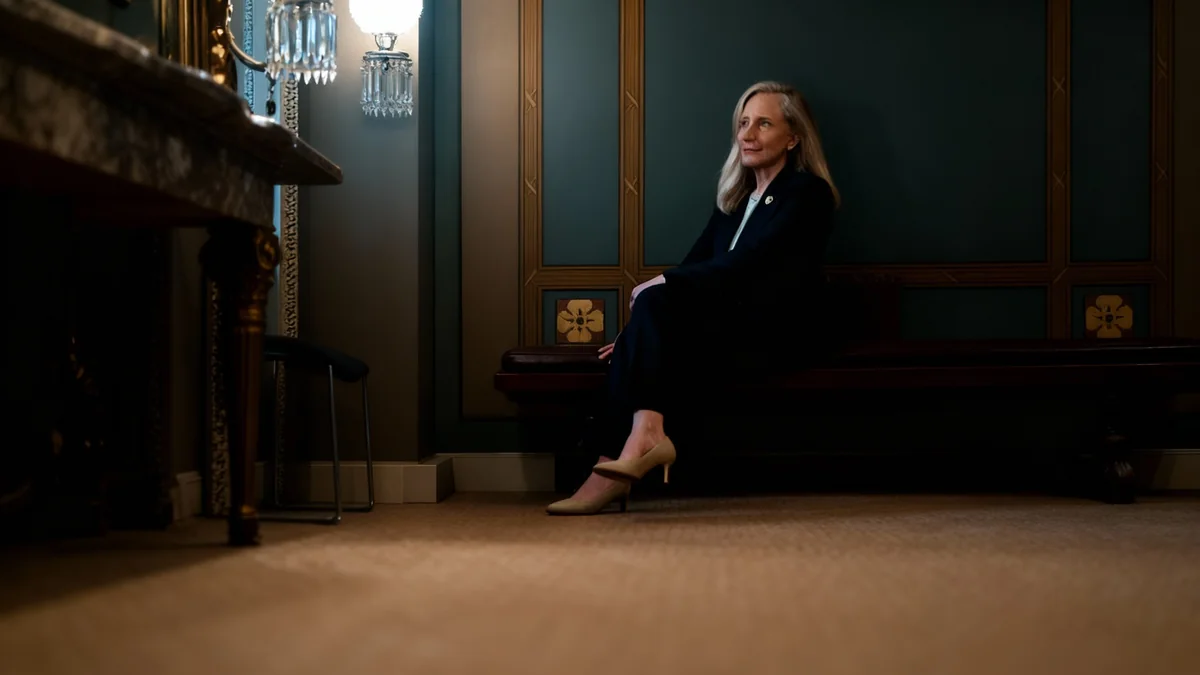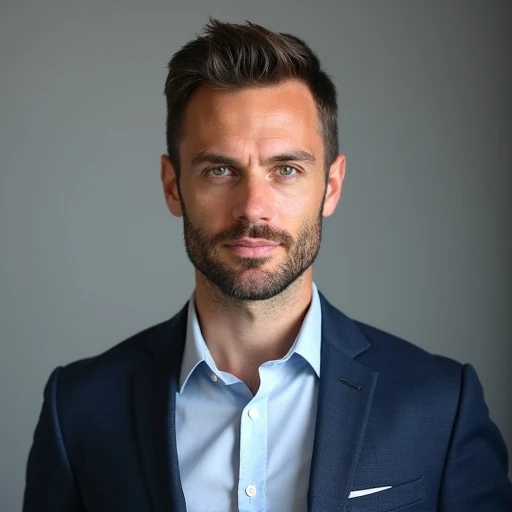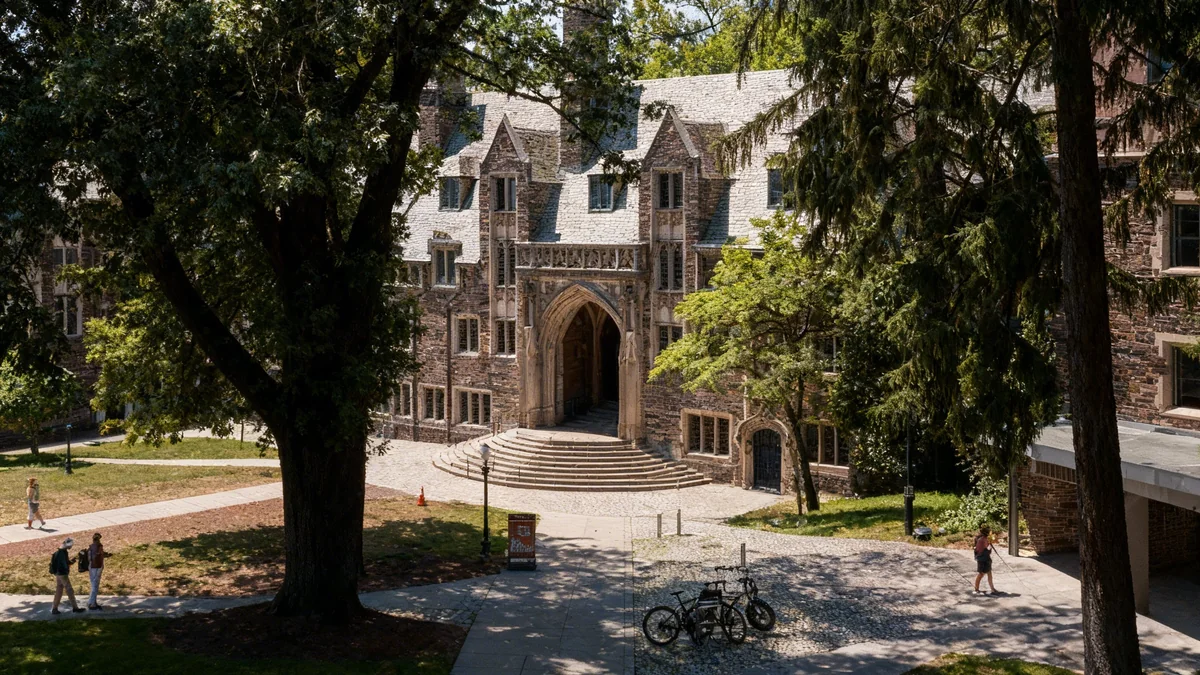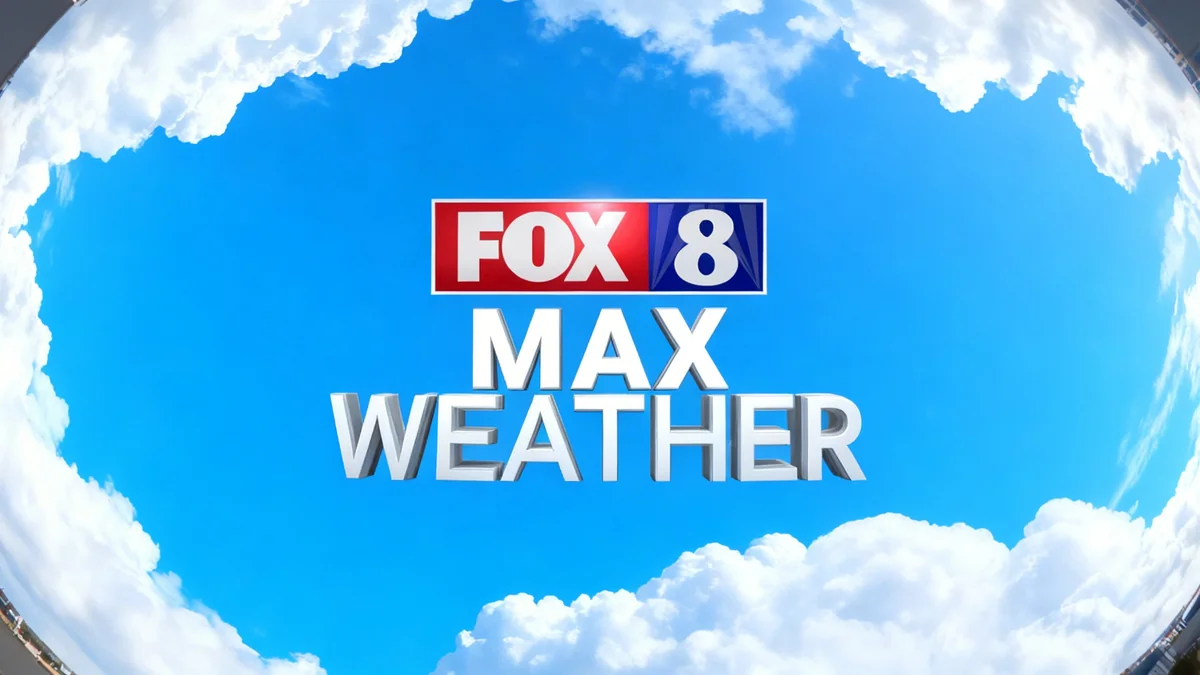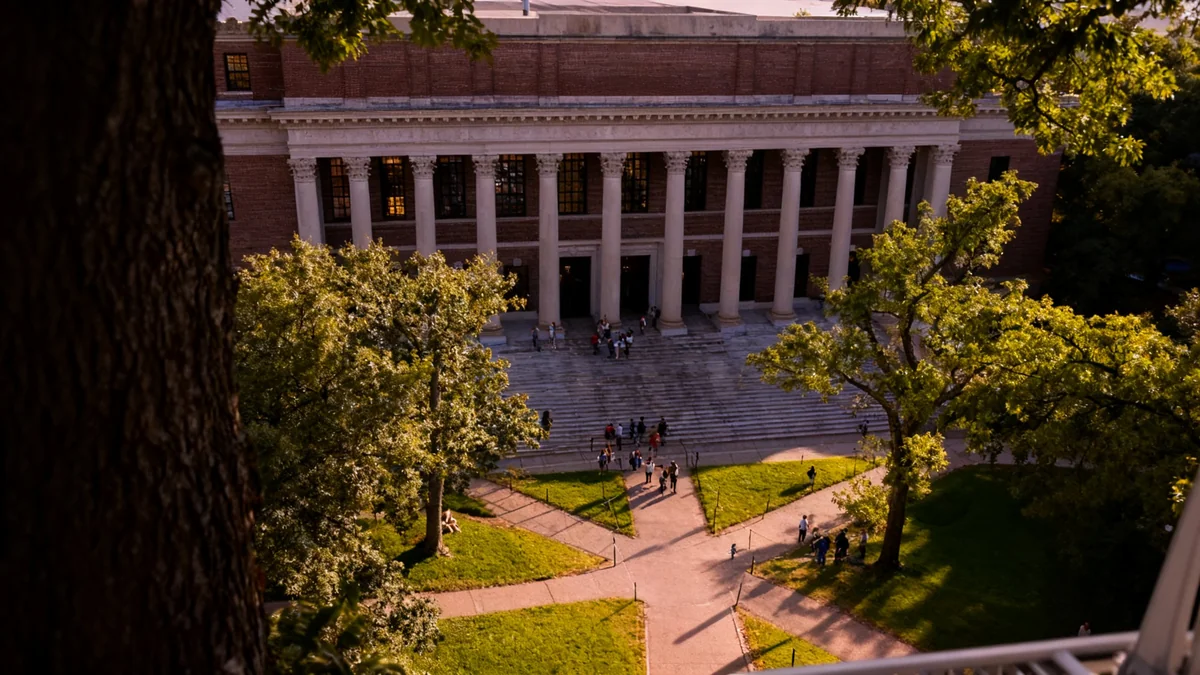The election of Abigail Spanberger as Virginia's next governor is set to reshape the landscape of the state's public higher education system. Her victory signals a potential reversal of conservative policies implemented under the outgoing administration, placing the governance of prestigious institutions like the University of Virginia at a critical turning point.
Following a period of intense political disputes over university leadership and diversity initiatives, Spanberger's inauguration in January will grant her the authority to appoint new members to university boards. This power could significantly alter the direction and priorities of a system that has become a key battleground in the state's ideological conflicts.
Key Takeaways
- Abigail Spanberger's election as governor gives Democrats control over appointments to Virginia's public university boards.
- This shift could reverse conservative-led initiatives, particularly those concerning diversity, equity, and inclusion policies.
- The University of Virginia, George Mason University, and the Virginia Military Institute have been central to recent political struggles over higher education.
- Faculty and supporters anticipate Spanberger will champion university autonomy and affordability, potentially altering the state's approach to higher education governance.
A New Era for Higher Education Governance
When Governor-elect Abigail Spanberger takes office, she will inherit a public university system marked by recent partisan divisions. The governor of Virginia holds the significant power of appointing members to the boards of visitors for each of the state’s public universities. These boards are responsible for overseeing university operations, setting policy, and hiring top administrators.
Under the outgoing Republican governor, Glenn Youngkin, appointments to these boards have led to clashes over campus culture and academic priorities. Conservative-leaning members have challenged diversity, equity, and inclusion (DEI) programs and, in some cases, attempted to influence leadership changes at major universities.
With Spanberger, a Democrat, leading the executive branch and her party controlling the General Assembly, the political dynamics are poised for a dramatic change. This new alignment of power is expected to lead to board appointments that more closely reflect Democratic priorities for higher education, such as academic freedom, diversity, and affordability.
The Power of Gubernatorial Appointments
In Virginia, the governor's ability to appoint university board members is a powerful tool for shaping higher education policy. These appointees, known as the Board of Visitors, act as the governing body for each institution. Their decisions impact everything from tuition rates and budget allocations to the hiring of university presidents and the approval of long-term strategic plans.
Contention at Key Universities
The ideological struggle for control over Virginia's universities has been most visible at three key institutions: the University of Virginia (UVA), George Mason University, and the Virginia Military Institute (VMI). At these schools, board members appointed by Governor Youngkin have actively pushed for changes that align with a more conservative vision for higher education.
These efforts have often centered on scrutinizing or rolling back DEI initiatives, which proponents see as essential for creating an inclusive campus environment but critics view as promoting a liberal political agenda. The disputes have created tension between board members, faculty, and administrators, raising concerns about the politicization of academic governance.
Faculty Voice Concerns and Hopes
Faculty members have been vocal about the recent trends. Many have expressed concern that the push against DEI and other initiatives undermines the mission of public universities. They see the governor-elect's victory as an opportunity to restore a more traditional model of university governance, where boards focus on stewardship rather than political intervention.
"I expect Ms. Spanberger... to defend the state’s university system against the White House, as well as to rescind some of the initiatives imposed in recent years by appointees of Glenn Youngkin, the outgoing Republican governor."
This sentiment reflects a broader hope among many academics that the new administration will act as a bulwark against what they perceive as external political interference in university affairs. The focus, they argue, should return to academic excellence and student support.
Spanberger's Stated Priorities
Throughout her campaign, Abigail Spanberger highlighted several key goals for higher education. She frequently spoke about the need to make college more affordable for Virginia families, a cornerstone issue for Democratic voters. This could translate into policies aimed at controlling tuition hikes or increasing state funding for financial aid programs.
Additionally, Spanberger has voiced support for reforming the process of appointing university board members. While details of such a plan remain to be seen, the intention suggests a desire to reduce the partisan nature of these appointments and ensure boards are composed of individuals with a primary focus on the well-being of the institutions they serve.
Virginia's Public University System
Virginia is home to a highly respected public university system that includes 15 four-year universities and a comprehensive community college network. The system serves hundreds of thousands of students and is a major driver of the state's economy and workforce development.
As the first woman to be elected governor of Virginia, Spanberger's historic victory carries with it high expectations from her supporters. They anticipate she will use her mandate to protect the state's universities from becoming further entangled in national political debates and to reinforce their role as centers of learning and research.
The Path Forward
The transition of power in January will be closely watched by educators, students, and policymakers across the state. The first test of Spanberger's influence will come with her initial appointments to university boards as current members' terms expire. These choices will send a clear signal about the future direction of higher education in Virginia.
The key questions are whether the new administration will simply replace conservative appointees with liberal ones or attempt to foster a more non-partisan, collaborative approach to university governance. The outcome will likely have long-lasting effects on the academic freedom, administrative stability, and public perception of one of the nation's most esteemed public university systems.
For now, a sense of cautious optimism prevails among those who have been critical of the recent political pressures. They see the election result not just as a political victory, but as a chance to reaffirm the core values of public higher education in the Commonwealth of Virginia.
